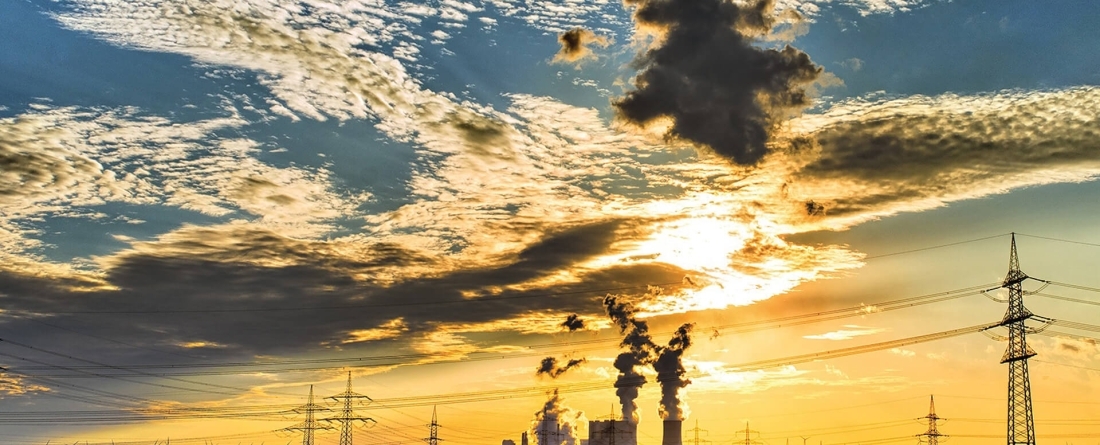
Abstract: The Intergovernmental Panel on Climate Change (IPCC) reports provide policy-relevant insights about climate impacts, vulnerabilities and adaptation through a process of peer-reviewed literature assessments underpinned by expert judgement. An iconic output from these assessments is the burning embers diagram, first used in the Third Assessment Report to visualize reasons for concern, which aggregate climate-change-related impacts and risks to various systems and sectors. These burning embers use colour transitions to show changes in the assessed level of risk to humans and ecosystems as a function of global mean temperature. In this Review, we outline the history and evolution of the burning embers and associated reasons for concern framework, focusing on the methodological approaches and advances. While the assessment framework and figure design have been broadly retained over time, refinements in methodology have occurred, including the consideration of different risks, use of confidence statements, more formalized protocols and standardized metrics. Comparison across reports reveals that the risk level at a given temperature has generally increased with each assessment cycle, reflecting accumulating scientific evidence. For future assessments, an explicit, transparent and systematic process of expert elicitation is needed to enhance comparability, quality and credibility of burning embers.
